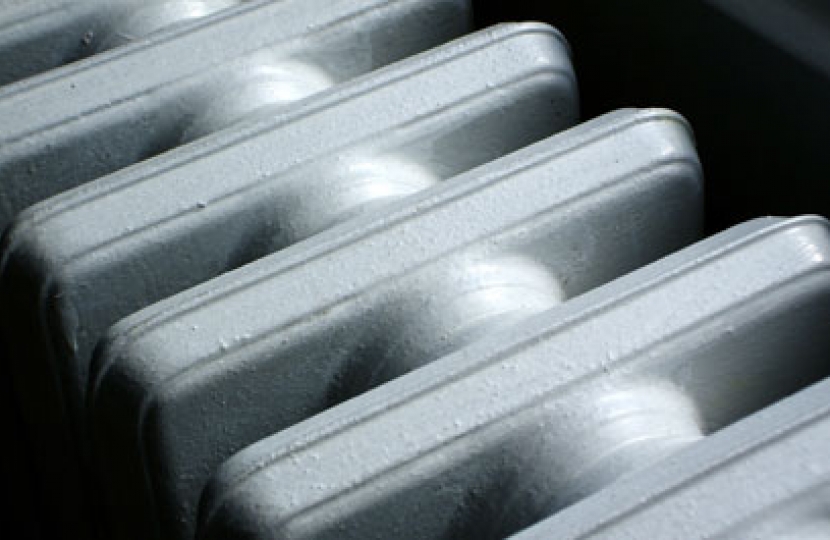
Local MP, Anne Milton, has welcomed National Radiator Day (1st November), which is designed to raise awareness of simple and cheap ways to improve the efficiency of radiators, keeping homes warmer and bills down.
Anne Milton MP said: ‘It is a simple and relatively cheap way to keep your homes warm. Energy bills worry us all and I am more than happy to highlight ways in which we can save money. I was struck by this initiative because when I was first elected as a councillor in East Surrey, a constituent contacted me to say he had been waiting too long for the Council to bleed his radiators. This is something we all can do ourselves!'
Chief Executive of the Energy and Utilities Alliance, Mike Foster said: ‘It is great to have Anne Milton MP raising awareness of the ways in which a humble radiator can become more efficient. Community leadership like this matters a great deal to prompt people to take action, especially as it can save considerable sums of money.’
John Colling, Chairman of the Manufacturers Association of Radiators and Convectors (MARC), said: ‘The products we make serve the consumer well. But like everything else, they need to be well maintained to perform at their peak. These industry tips are designed to help do this.’
Industry tips include:-
1. Bleed your radiator – air can be trapped at the top of the radiator, which feels cold when the radiator is otherwise hot.
2. Fit thermostats to each radiator – these automatically adjust the heat emitted to individual room temperatures.
3. Get your boiler serviced by an approved installer – efficient boilers save money
4. Flush the sludge from your radiator – if your radiator is hot at the top and sides, but cold near the middle or bottom, then this might be caused by a build-up of sludge inside. Sludge reduces the efficiency of the radiator and puts extra demands on the boiler, which increases fuel usage and shortens the life of the boiler.
5. Keep the radiator free of dust and blockages – radiators work primarily by convection (movement of hot air) as well as radiation. Dust, dirt and household items block the airflows reducing the amount of heat flowing into the room.
